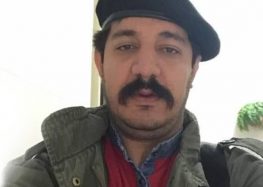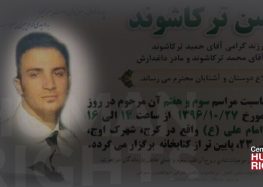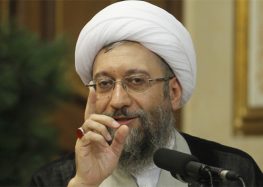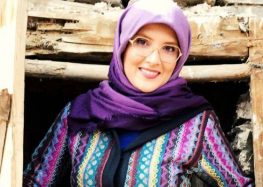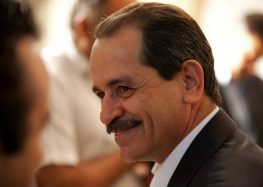Injured Demonstrators Arrested at Hospitals
(20 June 2009) Numerous Iranians beaten and injured by security forces as they tried to stage peaceful demonstrations have been arrested and detained when they sought medical treatment in hospitals, the International Campaign for Human Rights in Iran reported today.
Heavily armed Iranian police and military units, as well as paramilitaries, confronted thousands of citizens as they tried to assemble. According to information received by the Campaign, police wielding batons and using water cannons and tear gas injured hundreds. There have been unconfirmed reports of several deaths. One witness told the Campaign she saw a female demonstrator get shot in the neck.
“The arrest of citizens seeking care for wounds suffered at the hands of security forces when they attempted to exercise rights guaranteed under their own constitution and international law is deplorable,” said Hadi Ghaemi, spokesperson for the Campaign. “It can only be taken as a sign of profound disrespect by the state for the well-being of its own people.”
According to information received by the Campaign, doctors had already been ordered to report protest-related injuries on 19 June.
Fear of arrest in hospitals has left injured protesters, some in serious condition, with no opportunities for treatment, and some have reportedly sought care in foreign embassies.
The Campaign called for a full and transparent accounting of the number of those injured and killed in demonstrations, and appealed to the authorities not to interfere with the work of health-care institutions.
In another development, the Campaign has learned that communications out of Tehran’s Evin prison have been cut off. Evin prison is where many of Iran’s long-term political prisoners and a number of intellectuals, opposition politicians, human rights activists and journalists detained over the past several days are incarcerated.
“Blocking contact with friends and family means that all in Evin are in a virtual state of incommunicado detention, a state that puts them at an intensified risk of torture,” Ghaemi said.

